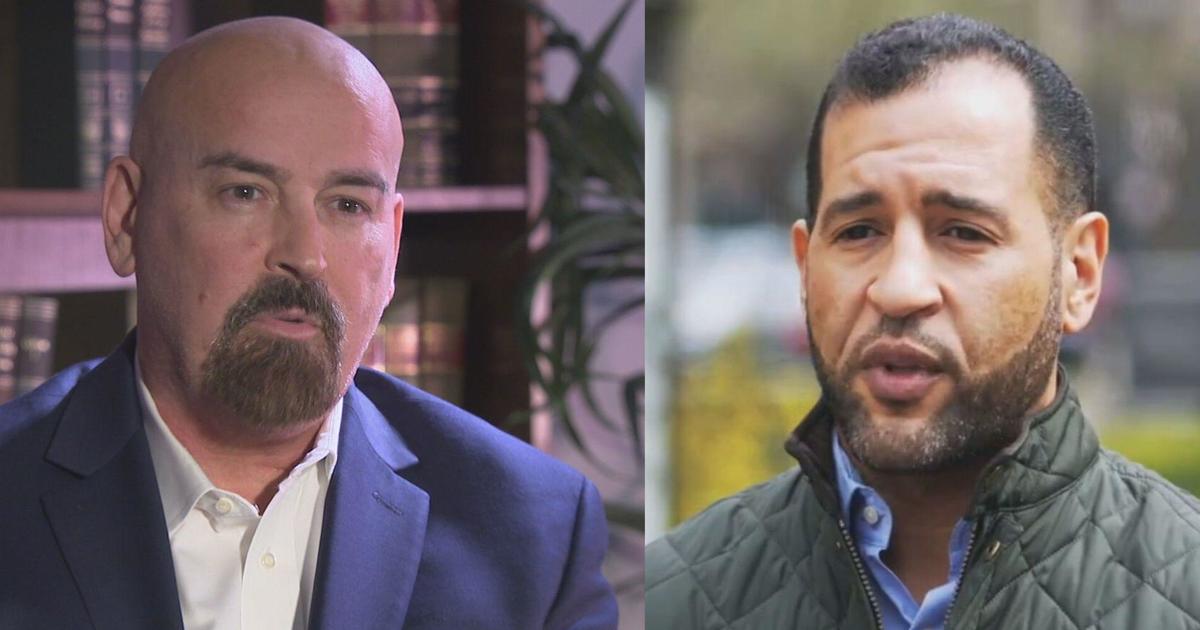Beware Of Stimulus Check Scams, Internet Security Expert Warns
BOSTON (CBS) -- It's common thinking that everyone is coming together during these tough times. And for the most part, that's true as far as coronavirus goes. But unfortunately, some are trying to take advantage of the crisis.
Robert Siciliano specializes in internet security and is CEO of the website Safr.me. For 25 years he has helped people avoid online scams.
"In my professional career I have never seen a more organized approach to fraud than during COVID-19," he said.
Siciliano said crooks are trying to target vulnerable people, like the estimated 20 million Americans still waiting for their COVID-19 stimulus checks.
Read: Federal Government Sending Some Stimulus Payments On Visa Debit Cards
"With the stimulus pay, bad guys are sending out emails. They are putting together phone calls, coordinating to contact individuals posing as the U.S. government, the IRS, saying that the stimulus check is on the way or they're having a problem with that person's information," Siciliano said. "They're trying to get usernames, passwords and Social Security numbers of those potential victims."
Jalan Floyd lost his stimulus check because someone used his Social Security number.
"I looked it up on the website and it said someone had used my Social Security on their taxes as a dependent and that made me not eligible to get my stimulus," he said.
Floyd said he has no clue how someone got ahold of his Social Security number.
"I never really put my social out there, so it kinda surprises me that somebody out there has my social," he said.
Scammers are also telling potential victims they have to fill out census information to get a stimulus check, which is not true.
"Bad guys are completely ramped up at this point, and it is inevitable that you or I are gonna be clicking links that could send us down the rabbit hole of fraud," Siciliano said. "So be extremely careful."
Siciliano said the sad truth is, these days we all need to be very suspicious of unusual emails, phone calls or regular mail asking for personal information. He also advises being careful about personal info you may give out over social media.



